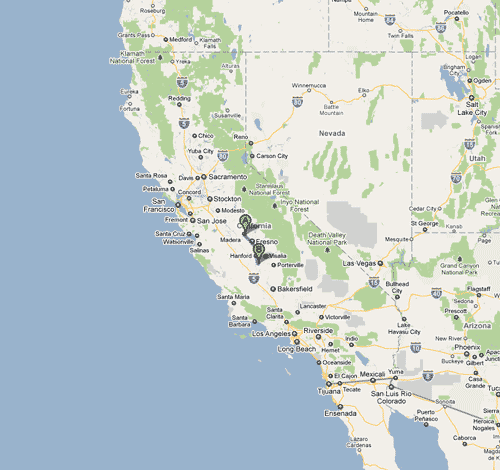Activist Government vs. Emergent, Bottom-Up Solutions
From Engadget, on rental scooters in SF:
San Francisco is a city where companies frequently like to try out new ideas. Uber had its start here many years ago, as did success stories like Twitter and Airbnb. So it's no surprise that San Francisco happens to be one of many cities experiencing a new form of transportation: sharable electric scooters. They appeared in downtown SF seemingly out of nowhere, taking over sidewalks and pedestrian paths. But what was marketed as a low-cost, eco-friendly way to get around town soon became a public nuisance.
It all started in late March when three companies -- Bird, Spin and LimeBike -- unveiled their scooter-sharing solutions in San Francisco. All three work the same way: You unlock the scooter with an app, pay a nominal amount -- $1 to unlock and 15 cents a minute thereafter. When you're done, simply lock it with the app and it'll be ready for the next person to hop on.
Unlike docked bicycles, like the Ford GoBikes in San Francisco or New York City's Citi Bikes, you don't have to park them in designated spaces; they can be left anywhere. These scooters are then rounded up and collected every night for any necessary repairs or charging and then redistributed the next day.
In the meantime, though, they're often strewn aside carelessly, blocking the public right-of-way, thus making it especially difficult for wheelchairs and those with disabilities to move past them. Further, scooter riders are using them on the sidewalk, which is not only illegal but dangerous. I've personally had scooter riders zoom up past me, yelling "Watch out!" as they whizzed by. According to California state law, motorized scooters must be used in the bike lane or on the road. This means it's also against the law to ride them without a helmet and without a driver's license (therefore user must be 16 years or older).
So San Francisco is cracking down. Not only is the city working on legislating the scooters, but on April 16th, the city attorney sent cease-and-desist letters to all three companies to end operations until regulations are in place. The city also passed a law, demanding that all scooters have permits. Scooters found without permits will be subject to impoundment. San Francisco's Municipal Transportation Agency (SFMTA) hopes to open up the permitting process starting May 1st.
So these things have been out on the streets for less than 30 days and now a handful of people in the SF government are going to ossify the whole thing with a set of rules that these couple of people dream up. The impatience here is just staggering. Clearly the riders and the owners both know that there are problems with the early implementation. What about allowing them some time to iron out the bugs and figure things out? What about giving the millions of people who live in this city some time to cooperate and create new social norms? Nah, we are just going to let a couple of yahoos who are totally uninvolved with this new service and who know nothing about it and who likely are not even customers or potential customers (since they probably have a government car and driver) shut the whole thing down and make up some arbitrary new rules. Jeez, how many of the products and services we now value would never have made it out of their infancy if the government started hammering them with uninformed new rules within 4 weeks of their introduction?
